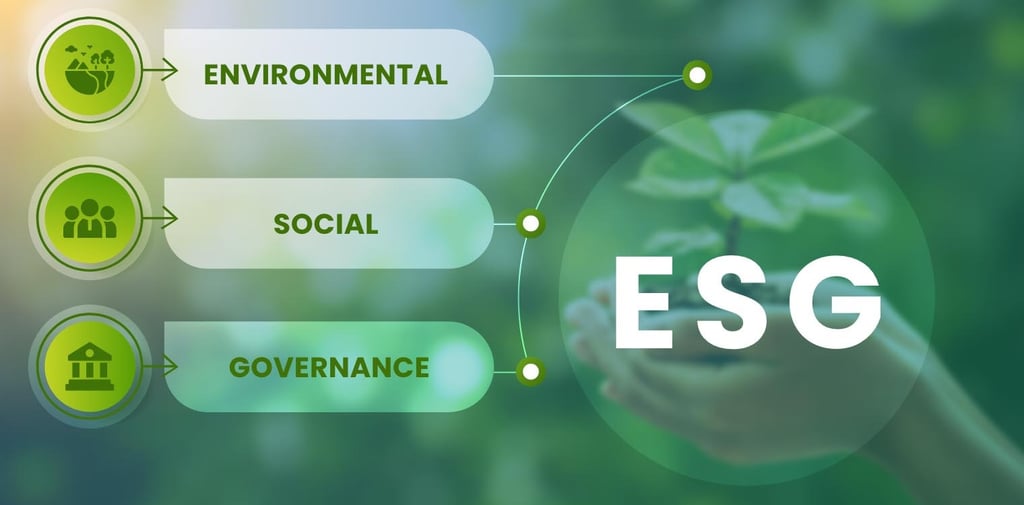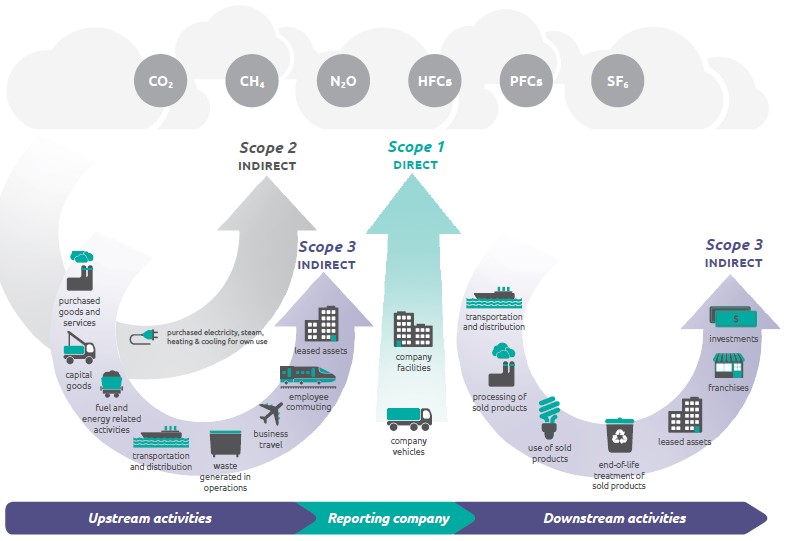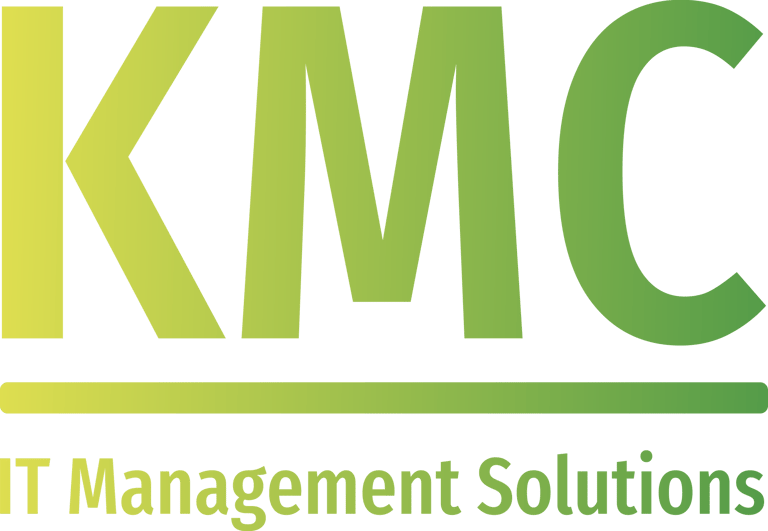Navigating ESG and Carbon Reporting
A primer for IT Leaders to understand ESG, carbon, and sustainability reporting
IT STRATEGYSUSTAINABLE ITIT PROJECT MANAGEMENTDIGITAL TRANSFORMATION
2/11/20254 min read


As part of its focus on Sustainability, KMC recently ran a "Navigating ESG and Carbon Reporting" webinar for IT Leaders.
Check below what we covered, then read on for the Primer, and Contact Us for full content and a free discussion on your organisation's needs - all backed up by KMC's deep IT experience.
Introduction to ESG, carbon, and sustainability reporting: understand the essentials.
Benefits of sustainability practices: discover how sustainability can enhance your charity’s reputation, improve stakeholder trust, and attract more funding.
Mandatory reporting requirements: learn about current and upcoming mandatory reporting requirements for UK charities, including ESG and carbon reporting.
Challenges & solutions: identify common obstacles and learn practical techniques to overcome them.
Navigating regulatory & voluntary frameworks: gain insights into the frameworks affecting UK charities, including mandatory obligations and how to align with voluntary best practices.
Data collection and management: learn efficient methods for collecting, managing, and reporting data to ensure accuracy and compliance.
Technology’s role in reporting: Discover how IT leaders can implement tools and systems to streamline reporting processes and drive impactful change..
The Primer...
What exactly is ESG reporting? ESG = Environmental, Social, Governance
ESG refers to a set of non-financial qualitative and quantitative data used by investors, analysts, and organisations to evaluate a company’s performance and impact in three key areas:
Environmental: a company’s impact on the environment, and of climate change on the company
Social: how a company treats its employees, customers, suppliers, and communities
Governance: the company’s management and board composition, shareholder rights, ethical practices
What are the key regulations that organisations need to know?
It’s an ever-changing landscape...
Your obligations will depend on a combination of your turnover, number of staff, where you operate and the nature of your business. EU regulations may apply to UK companies trading with the EU. Understanding your obligations is the first step to staying compliant and competitive.
Get in touch to understand which regulations apply to you and your obligations within those frameworks
How can organisations ensure they stay compliant ?
ALL THE REGULATORY FRAMEWORKS NEED SIMILAR DATA COLLECTION & REPORTING PROCESSES
Once you understand the key regulations...
Measure, manage, and report/disclose greenhouse gas (GHG) emissions.
You'll need to do this across Scopes 1, 2 and 3 - your own direct emissions, indirect emissions from the generation of purchased energy, and other indirect emissions occurring in your value chain (including suppliers and consumers).
Get in touch if you're not sure what these terms mean
Are you an IT leader? Contact us to find out how IT Leaders are uniquely positioned to drive compliance – streamlining reporting processes and analysing and visualising emissions trends, leveraging data collection, analysis, and visualisation techniques, and ensuring systems are built for long-term sustainability reporting and a Greener approach to IT
Finance or Business Leader? Early preparation helps avoid penalties, build trust, and stay ahead of future mandates.
How can sustainability practices improve a company's impact and reputation?
Demonstrating commitment to sustainability improves public perception and enhances stakeholder trust.
Why is it becoming so important?
Compliance – including avoiding financial penalties - get in touch for the latest guidelines
Enhanced reputation – with the public, partners, and shareholders
Improving stakeholder trust – signalling accountability
Operational efficiency - reduce costs, freeing up resources for frontline services
What steps do organisations need to take on their reporting journey?
Starting small is okay - you don’t need to be perfect!
Build internal expertise - seek external support if necessary
Identify applicable frameworks
Establish Scope 1 and Scope 2 emissions
Define your business goals and agree your reporting principles
Identify scope 3 activities and set boundaries
Collect, verify, and securely store data
Apply the emission factors to your data
Set reduction targets (and ensure KPIs are tracked)
Submit your disclosures, then publish your reports
Partner with 3rd party resources: discover KMC’s Getting Started toolset
What are some of the biggest challenges ?
With such a new field, these can seem daunting. At KMC we categorise these challenges as:
Technical - establishing scope and boundaries, qualification criteria, data collection, reporting
Organisational - stakeholder buy-in, resource constraints, limited staff expertise
Legislative - changing regulations, reporting deadlines
Work with KMC's solutions to overcome the technical challenges
How can smaller companies with fewer resources make a difference?
Engage with suppliers and partners who:
understand ESG in your sector through working with similar organisations
offer a tailored affordable solution for your size of organisation
have a technical background in IT and data management
Partner with KMC to simplify ESG reporting and help achieve your sustainability goals
Finally – one piece of advice…
Don’t delay - start now!
If you don’t have to file mandatory reports yet - you soon will !!
And if you haven’t got the expertise in-house, engage with someone to get you started on your ESG Reporting and your wider Green IT footprint... Contact Us






Kingsmead Management Consultants Limited. Registered in England. Company no. 10009348 Terms of use Privacy policy Contact us
